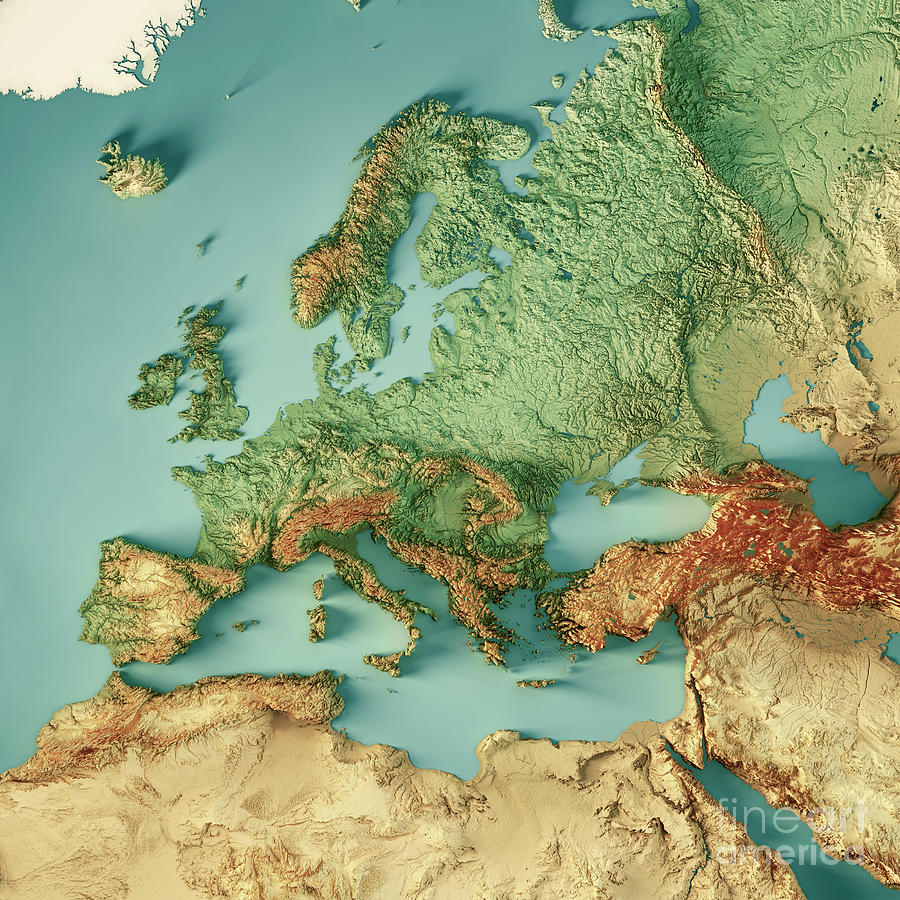

Interesting observation and analysis, and illustrates the potential of more lemmy-mastodon interaction.
Indeed mdon like-federation seems weird but I presume it was setup this way for efficiency, to reduce the number of small communications? Although Lemmy has a backend in rust - more efficient than mdon’s ruby - still I wonder whether the lemmy system of federating all upvotes would scale well if the number of users grows to that of mastodon and beyond ? Could there be some intermediate compromise solution (e.g. federate batches of 100 likes)?








Emissions grew in 2023, that’s not the same as ‘are now growing’. There is a good chance global CO2 emissions fall in 2024, mainly due to trends in China. Of course it takes time to gather data, but NS should be more careful with the headline.
The spinscore link has useful refs - but keeps mixing up CO2 emissions with “CO2 equivalents” including methane, landuse and minor gases. Methane rising is a big issue, but might potentially be turned around faster. Regarding landuse, deforestation was exacerbated last year by El Niño feedbacks - it’s hard to separate the anthropogenic part of these fluxes.
Rather than simple headlines which encourage fatalistic doom, it’s more useful to explain how some factors progress better than others. They are right to highlight growth in road transport and aviation (even if some growth still covid-rebound), although more effort still needed in all sectors.